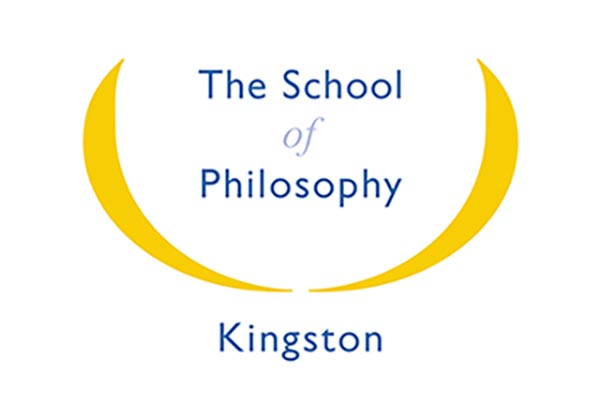History
Find out more about the origins and the history of the School in the 7 minute video below.
The School of Philosophy and Economic Science has it’s head Office at 11 Mandeville Place, W1U 3AJ. The School of Philosophy Kingston was started in 1994 as the Kingston Branch of the School of Philosophy & Economic Science and we run our course at various hired venues in central Kingston and Richmond.
History timeline
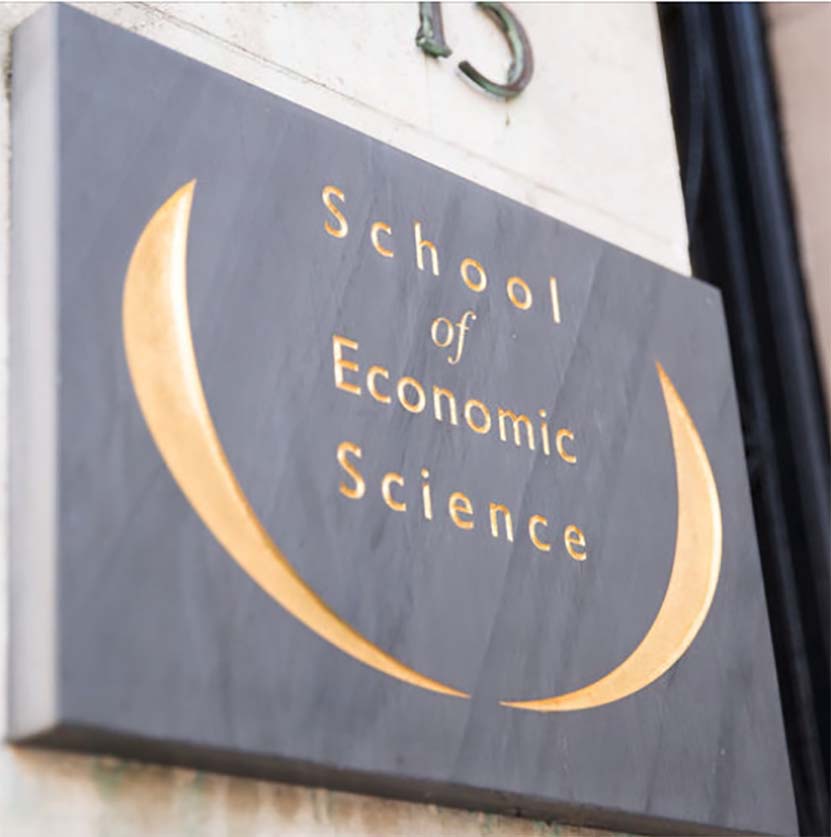
Henry George School of Economics founded in London by Leon MacLaren. It was renamed the School of Economic Science in 1942.
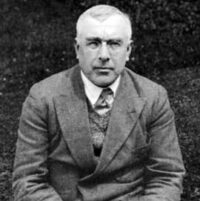
First series of Philosophy courses offered, developed from the teachings of Ouspensky and Gurdjieff.
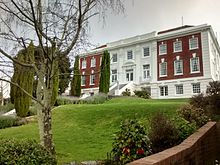
First overseas school established in Wellington, NZ. Since then associated schools have opened in North America, Argentina, Australia, Belgium, Canada, Cyprus, Germany, Holland, Hungary, Ireland, Israel, Malta, S Africa, Spain, Trinidad and Venezuela.
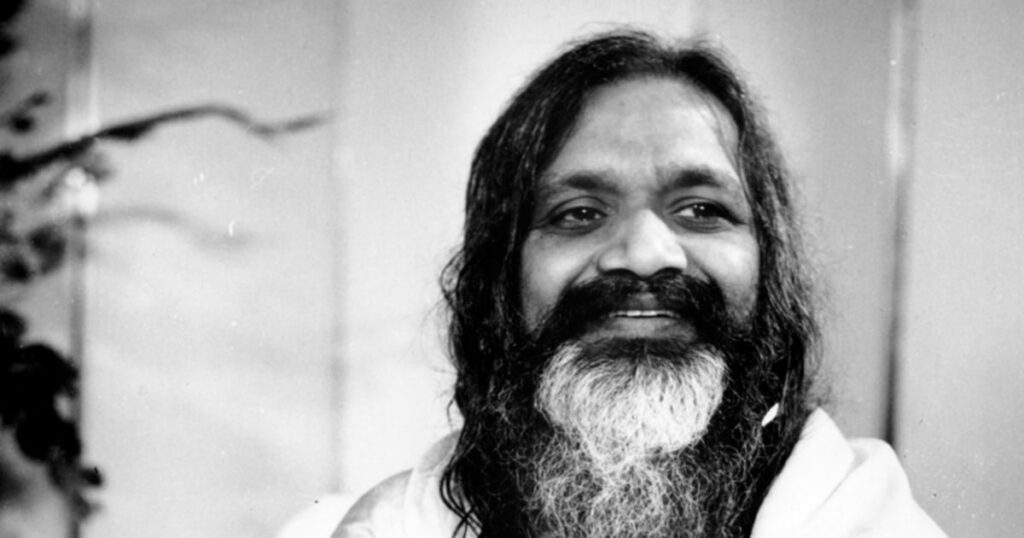
Maharishi Mahesh Yogi visits the UK, bringing the next stage of development, Meditation.
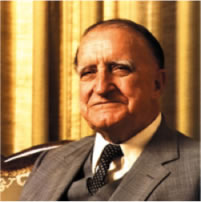
First of many meetings of Leon MacLaren and Shri Shantananda Saraswati.

Philosophy courses first offered in the North West, in Preston.
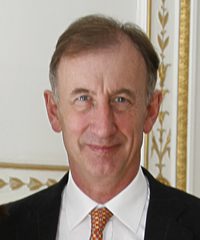
Mr MacLaren passes away. Mr Donald Lambie succeeds him as Senior Tutor.
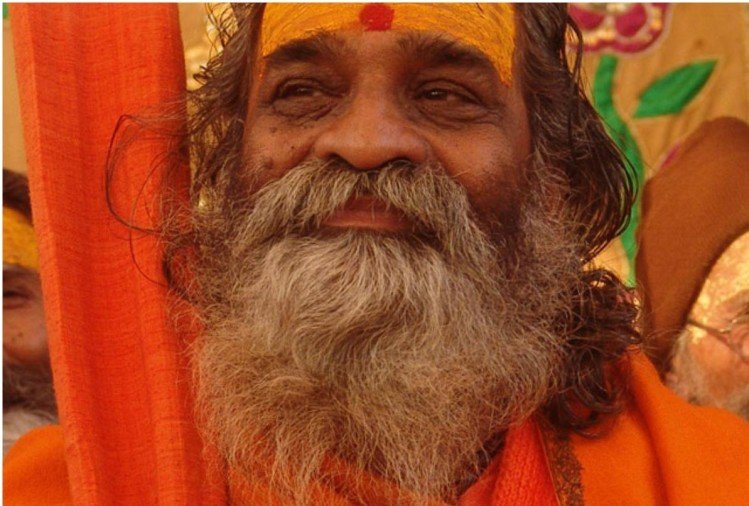
Shri Shantananda passes away. First meeting with Shri Vasudevananda Saraswati.
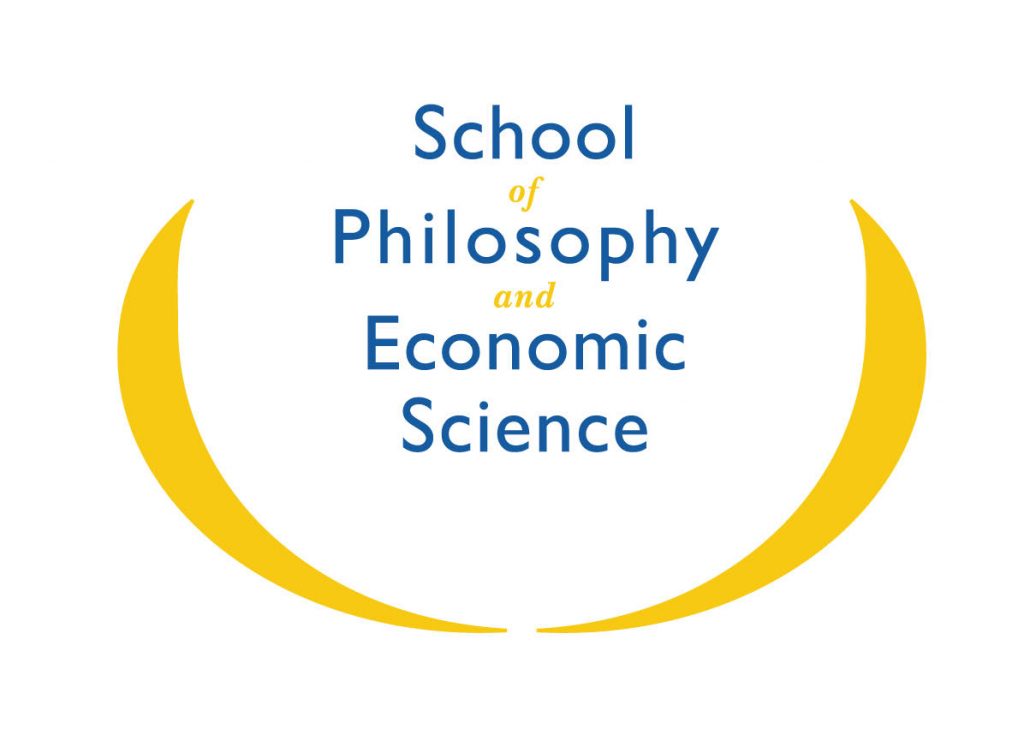
The name of the school is changed to the School of Philosophy and Economic Science.
History of the School – timeline
The School was founded by Leon MacLaren in London in 1937 after a period of severe economic depression. Its stated purpose, during these inter-war years, was to discover the natural laws governing the relations between people in society. Courses in economics were offered, inspired chiefly by the work of the nineteenth century American economist Henry George. Economics courses continue to this day and the economics faculty continues to thrive. As time progressed, it became increasingly evident that the School needed to look beyond the realm of economics. This led to an interest in philosophy as a means of gaining deeper insights into the natural laws of economics. The first public courses in philosophy started in 1954, based on the teachings of Ouspensky and Gurdjieff, and within a few years philosophy became the central subject of study and practice within the School. The arrival of Maharishi Mahesh Yogi in London in 1959 brought meditation which became the next stage of development. It was soon taken up by long-standing students in the School. In the early 1960s, contact was made with a leading figure of the Vedantic tradition in India, Maharaja Shri Shantananda Saraswati. He offered invaluable guidance in the study and practice of philosophy for over 30 years. Through this connection the School was introduced to the universal teaching known as Advaita, which means literally ‘universal’ or ‘devoid of duality’. The School has expanded geographically so that courses in philosophy, and other subjects, are now available through more than 40 branch locations in the UK outside of London. During the same period a number of associated overseas schools have been established. In 2019 the School decided to change its name to the School of Philosophy and Economic Science to better reflect the nature of the studies undertaken.Beyond economics
As time progressed, it became increasingly evident that the School needed to look beyond the realm of economics. This led to an interest in philosophy as a means of gaining deeper insights into the natural laws of economics. The first public courses in philosophy started in 1954, based on the teachings of Ouspensky and Gurdjieff, and within a few years philosophy became the central subject of study and practice within the School.
Universal teaching
The arrival of Maharishi Mahesh Yogi in London in 1959 brought meditation which became the next stage of development. It was soon taken up by long-standing students in the School. In the early 1960s, contact was made with a leading figure of the Vedantic tradition in India, Maharaja Shri Shantananda Saraswati. He offered invaluable guidance in the study and practice of philosophy for over 30 years. Through this connection the School was introduced to the universal teaching known as Advaita, which means literally ‘universal’ or ‘devoid of duality’.
Expanded geographically
The School has expanded geographically so that courses in philosophy, and other subjects, are now available through more than 40 branch locations in the UK outside of London. During the same period a number of associated overseas schools have been established. The Kingston Branch was started in 1995.
In 2019 the School decided to change its name to the School of Philosophy and Economic Science to better reflect the nature of the studies undertaken.


How it works on our educational courses
A tutor presents material, and leads a discussion based on what arises. Being practical rather than academic, the emphasis is on personal knowledge. Students are encouraged neither to accept nor reject the ideas put forward, but to test them in practice for themselves, in the light of their own experience.
What some of our students say...
Local Course
Local face-to-face evening courses available in Kingston
Practical Wisdom
Courses in practical wisdom for everyday living. Meet with like minded individuals.





Frequently asked questions
The course is practical in the sense that it takes philosophical ideas and shows how they can be of direct use in our everyday lives. The intention is to stimulate enquiry and through this expand the way we look at the world and ourselves.
Online or by calling 0777 9036 111 during office hours.
If you register online, you will receive a confirmation email with your day of attendance. If you register by any means other than online, you will receive a receipt confirming your registration.
Yes, we have a local Kingston venue where you can attend the course face-to-face.
No, all you need is an open and enquiring mind. The course is intended for everyone, regardless of education, occupation, race, political or religious belief.
Yes, we also offer the course as an online course via Zoom, ask for details.
If you have any questions simply call us on 0777 9036 111 or by emailing PhilosophyKingston@fses.org

